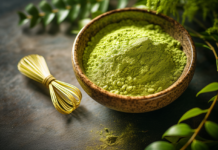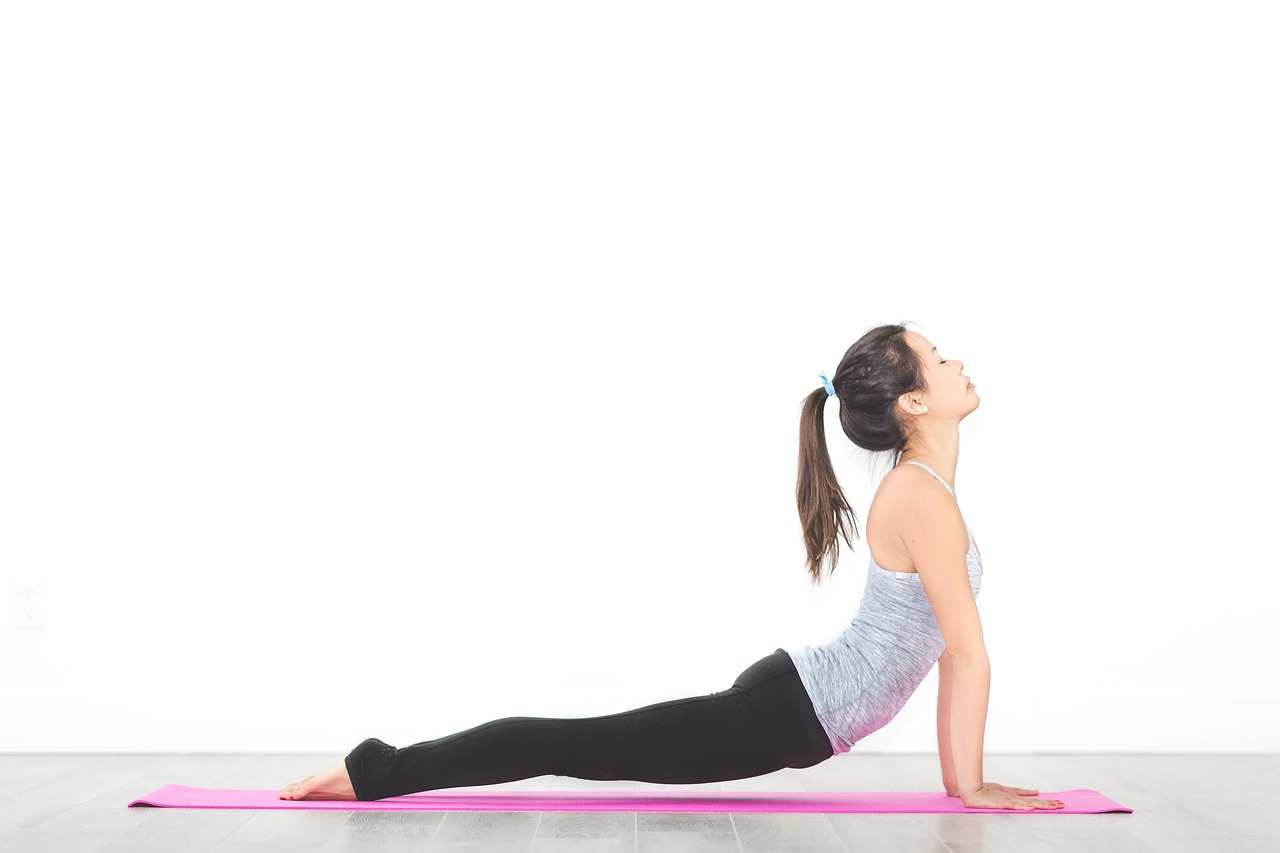Bone loss speeds up most dramatically during the first 10 years after menopause, which is the period when osteoporosis is most likely to develop.
Many are under the mistaken impression that a prescription drug combined with calcium supplements is the answer to strong healthy bones, but the regular consumption of a healthy diet, along with safe sun exposure and extra supplementation when appropriate, is likely to be far superior.
Theorizing that vitamin K might have a role in the primary prevention of fractures, researchers studied the cost-effectiveness of various interventions for preventing fractures in 50-year-old postmenopausal women. They learned that the vitamin K1, vitamin D3, and calcium combination could reduce the lifetime probability of at least one fracture by 20 percent, but adding vitamin K2 to vitamin D3 reduced it by 25 percent.
How to Get These Nutrients From Natural Sources
Calcium, vitamin K2 and vitamin D3 are obviously available in supplement form, but you should know that you can also get them naturally from food and the sun.
Calcium, in particular, is better utilized by your body if it’s food-based calcium. Good sources include raw milk and cheese from pasture-raised cows (who eat plants), leafy green vegetables, the pith of citrus fruits, carob, sesame seeds and wheatgrass, to name a few. Calcium from dietary sources is typically better absorbed and utilized than calcium from supplements, which may increase your risk of heart attack or stroke.
As for vitamin D3, exposing your skin to natural sunlight is the best way to get enough of this important nutrient. Vitamin D from sunlight acts as a pro-hormone, rapidly converting in your skin into 25-hydroxyvitamin D, or vitamin D3. The next best option is using a safe tanning bed to achieve similar results as that from natural sunlight exposure, and the third best option is taking an oral vitamin D3 supplement whenever natural sun exposure is not an option, then monitoring your levels to be sure you’re within the therapeutic range.
Ideally, optimize your vitamin K2 through a combination of dietary sources (leafy green vegetables, fermented foods like natto, raw milk cheeses, etc.) and a K2 supplement, as most people don’t get sufficient amounts of vitamin K from their diet to reap its full health benefits. You must use caution with vitamin K if you take anticoagulants, but if you are generally healthy and not on these types of medications, I suggest 150-300 mcg daily.























